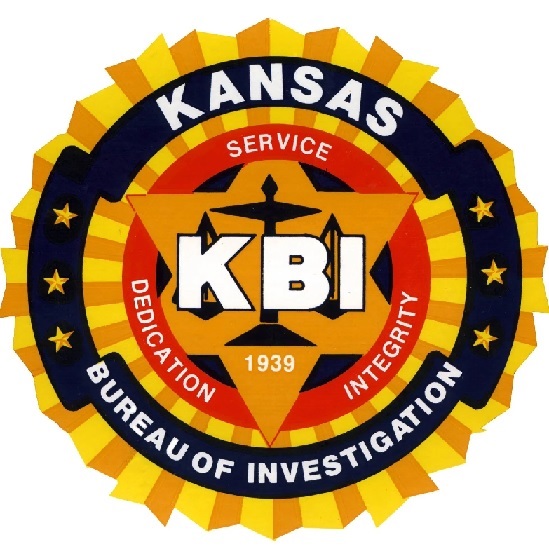The Kansas Bureau of Investigation is planning to ask lawmakers for a 15% increase in salaries for agents in order to better recruit and retain investigators.
Robert Stuart, the KBI’s executive officer, recently raised the pay issue when appearing before the House Transportation and Public Safety Budget Committee.
It’s not necessarily a new issue confronting the agency. Former KBI Director Kirk Thompson explained the problem two years ago before the same committee.
“We’ve lost some good folks lately both to academia and to a John Deere dealership in western Kansas,” Stuart told lawmakers during an informational hearing.
“We certainly aren’t going to be able to keep up with private industry in terms of pay, but we would like to make it a little harder for people to decide to leave,” he said.

Recruiting is hampered because the KBI requires agents to have three to five years of detective-level experience.
Many departments are already paying more than a starting KBI agent, who earns $64,900 a year, he said.
“It’s hard to attract somebody to be a KBI agent when money is obviously a significant factor in somebody’s career decision,” he said.
The KBI’s plan to seek a salary increase would bring an agent’s starting salary to $75,150 in order to be competitive with the starting salaries of detectives in law enforcement agencies who do similar work.
The agency also plans to seek a 10% salary increase for its laboratory scientists.
Overall, the proposal would cost about $2.9 million.
The agency currently has seven vacant special agent positions and just under 100 filled.
It has 10 vacant forensic scientist positions out of just under 90 filled positions.
Stuart told the committee that it will present lawmakers with a study showing how KBI compares with other agencies in terms of pay when it presents its budget request.
In an interview last year with the Sunflower State Journal, KBI Director Tony Mattivi discussed the issues with staffing, especially with laboratory scientists.
“When it comes to recruitment, we have difficulty recruiting police officers and we have difficulty recruiting IT professionals,” Mattivi said last year.
“Retention is our problem when it comes to our lab and our scientists,” he said.
“When we hire somebody in our lab division, we spend about $200,000 and a couple of years getting them trained to where they are fully functional and useful.
“When they reach that point, they are far more valuable in the private sector…and they are valuable to other public sector agencies that can pay more than we do.”
Two years ago, the former KBI director laid out the issue for lawmakers.
At that time, the starting salary for a new KBI special agent ran $53,400 a year, which was lower than what starting detectives earned in Topeka, Lawrence, Johnson County, Wichita, Kansas City and Lenexa.
Thompson told lawmakers in 2022 that a starting detective earned $60,236 a year in Topeka, $69,213 in Lawrence, $55,924 in Wichita, $61,610 in Lenexa and $88,141 in Kansas City.
When compared to similar law enforcement agencies in other states, the KBI was no more competitive at that time, he said.
For instance, Kansas paid less for starting investigators than Colorado ($95,952), Nebraska ($57,824) and Iowa ($63,460) but more than Arkansas ($42,357) and Missouri ($52,200).
In 2020, the KBI conducted a market study of forensic scientist salaries from seven forensic laboratories both in Kansas and within the surrounding states.
Those forensic laboratories included the Colorado Bureau of Investigation, the Tulsa Police Department, the Johnson County Sheriff’s Office Laboratory, the Iowa Department of
Public Safety, the Nebraska State Patrol, the Oklahoma State Bureau of Investigation and the Sedgwick County Regional Forensic Science Center.
At that time, starting pay for KBI lab scientists was lower than five of those other agencies, and midpoint pay was lower than six of those agencies.
Republican state Rep. John Resman of Olathe, a member of the public safety budget committee, worked for the Johnson County Sheriff’s Office for 30 years, including 21 in investigations, and retired as a captain.
Resman served on the hiring board for the sheriff’s office and recalled how KBI scientists would apply for openings in the Johnson County lab.
Resman said Johnson County would hire those scientists because they were already lab certified and ready to get down to work very quickly.
“Now that I’m on this side of the fence, I try to keep as many forensic scientists in the KBI lab as possible,” he said.’
“It gets quite expensive in the long run for them to be hired and maintain their certification,” he said.
Lab vacancies, he said, can slow down criminal prosecutions and investigations.
“It’s important that we do something for them,” he said.
















